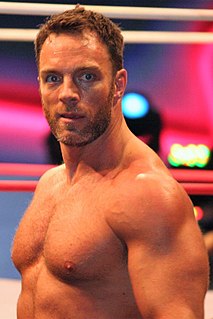A Quote by Timothy Keller
It's important to remember the Gospel is a story; not a set of bullet points.
Related Quotes
It was the combination of many factors... With most people, suicide is like Russian roulette. Only one chamber has a bullet. With the Lisbon girls, the gun was loaded. A bullet for family abuse. A bullet for genetic predisposition. A bullet for historical malaise. A bullet for inevitable momentum. The other two bullets are impossible to name, but that doesn't mean the chambers were empty.
What I remember most are some of the guys in the background - who they were and what kind of times we had during those days on the set. I remember staying at Mikes house in Hollywood when we first started filming the series. It was the upper story of a two-story building on a little hillside. Mikes wife, Phyllis, was wonderful. Mike and I laughed a lot and played music together. I remember that time very fondly.
I'm not a big note-taker, so I think that the way I decide is that whatever I remember I always consider something that's important. If I remember a joke then I know it's a good joke, if I remember a story then I know it's a good story, and so that's how I curate what stories I'm going to write for the book. And I go over them again, make sure there's a theme and all that stuff, but mostly, it is intuition.
When a movie is being rolled out, the studio publicists and all our individual publicists get together and come up with bullet points and talking points - 'Make sure you stay away from this,' and 'Don't say that quite that way, because that quote can be taken out of context,' and that kind of thing.
One easy mistake to make with the first novel is to expand the short story. Some things are better as a story; you cannot dilute things into a novel. I think the first hundred pages of a novel are very important. That's where you set things up: the world, the characters. Once you've set that up, it'll be much easier.



































